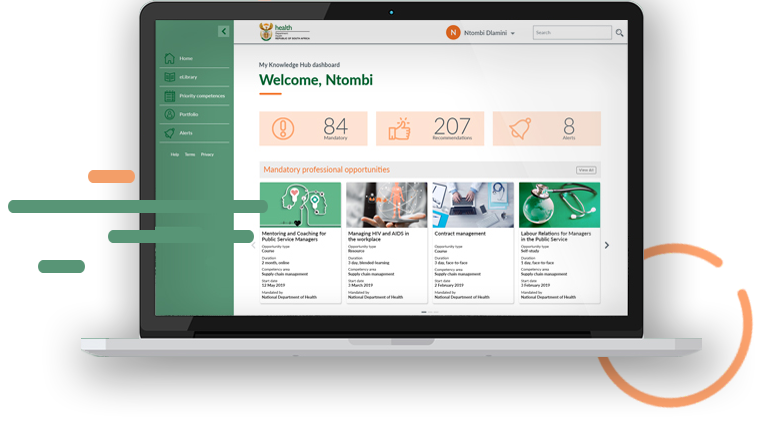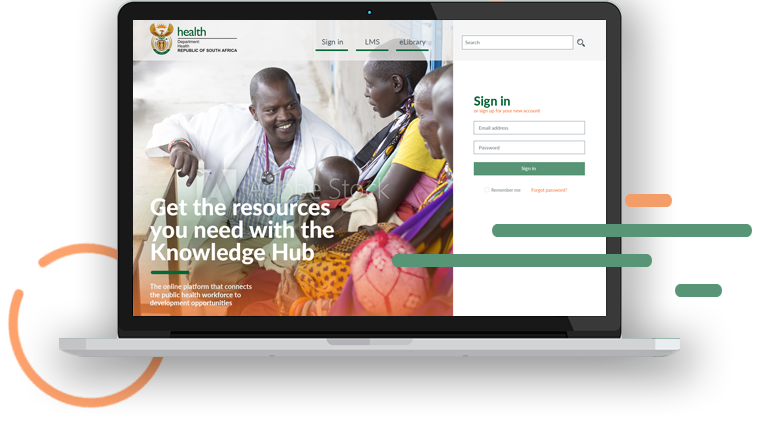Differentiated Models of Care Standard Operating Procedures
A differentiated approach to care aims to strengthen linkage, adherence and retention using a patient-centred approach throughout the treatment cascade. This is globally known as Differentiated Service Delivery (DSD) while in South Africa is termed Differentiated Models of Care (DMOC).


